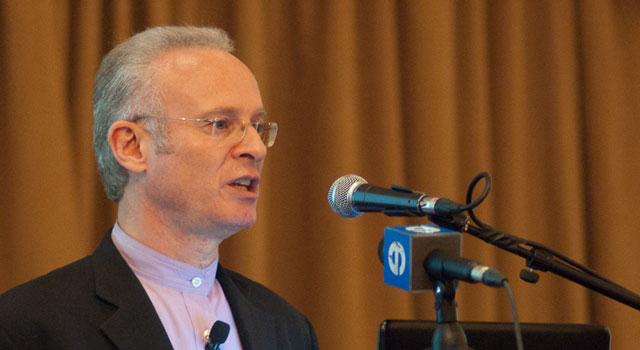
A Standard Bank survey has confirmed what most of us would already have known, or at the very least would have expected — that load shedding is the biggest perceived threat to small and medium enterprises (SMEs).
The SME Survey 2015 has revealed that entrepreneurs are more worried about the lights going off than they are about crime, finances or their competition.
Arthur Goldstuck, the MD of World Wide Worx and principal researcher for the SME Survey, said that out of 1 400 decision makers, power failures had been cited by 72% of respondents, almost twice as many as for crime, which was at 36%.
“In 2014, 47% said crime is what keeps them awake at night, in 2015, exactly double the amount of people that are kept awake by crime, are kept awake by power failure,” said Goldstuck.
Interestingly the third biggest concern for SMEs was “computer problems”, which Goldstuck said further showed how business challenges are magnified for SMEs.
“When you think about it makes sense … because the big companies have entire departments dedicated to ensuring their computers run smoothly,” he said, adding that the same applies with regard to load shedding, because bigger companies can afford to buy generators or uninterrupted power supply systems.
“Loadshedding is forcing the breakeven companies out of business.”
The survey included only companies with two to 200 staff, that were mostly 10 years or older (78%) and had either one or two branches (72%). The surveyors found it very hard to find companies that we less than a year old. Generally speaking, Goldstuck said, the average start-up doesn’t last beyond the first year.
The report, which costs R15 000 for a PDF copy, also reveals that women small and medium business owners, though far fewer than their male counterparts, were more successful with 78% of women-owned businesses being profitable, compared with the 70% owned by men. A large majority of businesses surveyed were profitable, with a little over 40% of respondents saying they were profitable, and 30% saying they were highly profitable.
“Equally surprising is that those companies owned by couples or a mix of genders are substantially less likely to be profitable than those operated by either male or female owners,” writes Arthur Goldstuck in the executive summary of the report.
Almost all owners were 35 or older and Goldstuck said this implied that most entrepreneurs had spent many years being formally employed as the best training for starting businesses often comes from working in a business environment.
He said this should be of particularly interest to the National Youth Development Agency, which has an entrepreneurship driving strategy that encourages matriculants to go straight from school into starting their own businesses.
“That’s a flawed strategy, because to start a business you need to have some insights into how to do it. If the student has the ability to so that then its fine, but not as a structural approach for stimulating entrepreneurship,” said Goldstuck.
- This column was first published on Moneyweb and is republished here with permission

